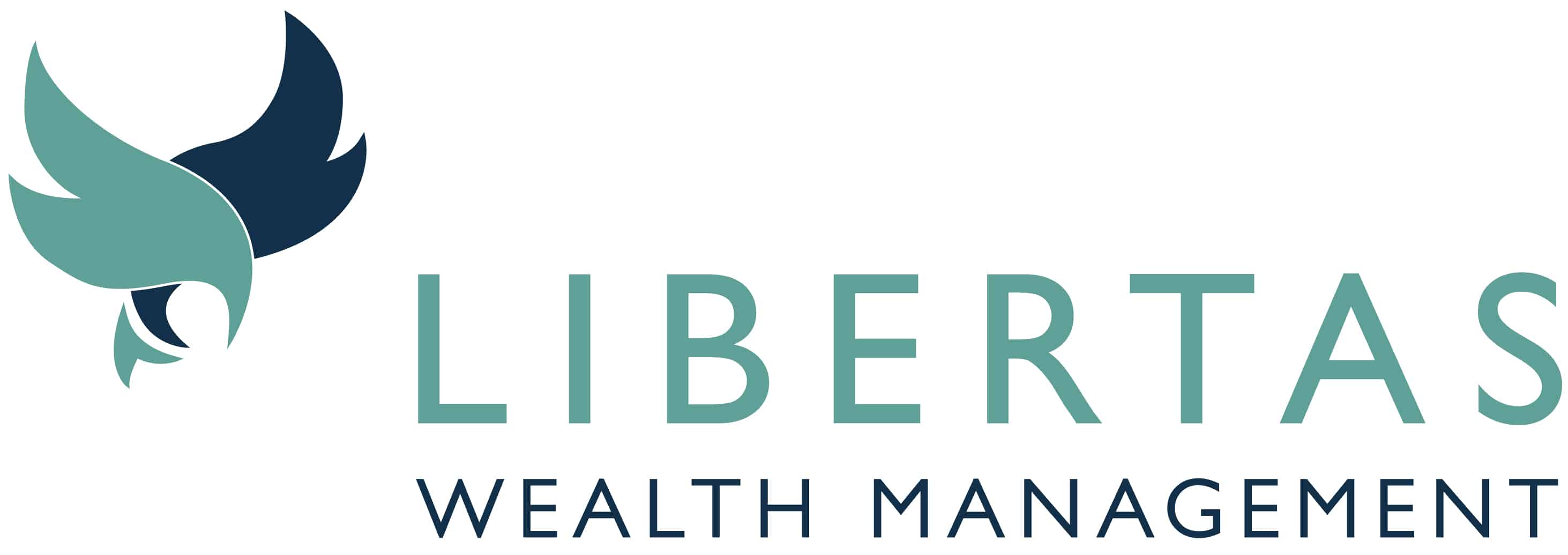Spreading risk by accessing different types of assets
Investing for the long-term means persisting through market swings. History shows that when people invest and stay invested, they’re more likely to earn positive returns in the long run. When markets start to fluctuate, it may be tempting to make financial decisions in reaction to changes to your portfolio.
Investing in a pooled investment, also known as a collective investment scheme, provides investors to access investments through a fund, rather than buying direct assets on their own. Investing in a fund, such as a unit trust, an Open Ended Investment Company (OEIC), or an investment trust, can give investors exposure to a wide range of companies and enables the spread of risk by providing access to different types of assets. Fund managers make the decisions about when to buy and sell assets.
Higher or faster growth
Different funds take different levels of risk. Some are relatively low risk – for example they might invest mostly in cash. Others are very risky, investing in new, uncertain companies or markets with the aim of higher or faster growth. And there’s everything in-between. By obtaining professional financial advice before you invest you can ensure that your fund choices offer the right level of investment risk.
Dipping in and out of the market and trying to pick the best times to invest is an extremely risky strategy, as no-one knows for certain which way markets are likely to move next. One aspect of long-term investing is that it almost entirely removes your emotions from the equation.
Avoid making unwise decisions
Staying invested over the longer-term, preferably five years but ideally longer, gives investments a greater chance of positive returns, though there can be no guarantees. This means investors don’t need to focus on daily or short-term volatility that might occur. By monitoring performance only occasionally, investors should avoid making unwise decisions to cash them in earlier than necessary. Instead the focus should be on the long-term growth potential of the investments.
Investing on a regular basis not only suits most people’s income streams but it also helps to create discipline. Making a commitment to set aside an affordable amount each month is unlikely to affect someones lifestyle. Regularly investing money into the stock market rather than putting in a lump sum could also smooth returns over time, because investors can benefit from so-called ‘pound cost averaging’.
Smooth out market volatility
Investing regularly enables investors to take advantage of pound-cost averaging. By investing each month investors benefit from times when the markets are falling and are able to buy more units in a fund. This means the investment can acquire more shares when prices are low, and less when they are more expensive, with the theory being that investors effectively pay the average price over a fixed period, which can help smooth out market volatility. However, this strategy, as with any other, won’t always work and could lead to lower returns than if the investor had invested one lump sum at the outset.
Investors should consider investing in a variety of assets – including cash, fixed-interest bonds, equities and property. This provides diversification and avoids relying on one particular investment to produce gains. This also helps reduce the risk of losing money, as the asset types that are performing well can hopefully offset those that at the same time are experiencing a period of lower performance.
INFORMATION IS BASED ON OUR CURRENT UNDERSTANDING OF TAXATION LEGISLATION AND REGULATIONS. ANY LEVELS AND BASES OF, AND RELIEFS FROM, TAXATION ARE SUBJECT TO CHANGE.
THE VALUE OF INVESTMENTS AND INCOME FROM THEM MAY GO DOWN. YOU MAY NOT GET BACK THE ORIGINAL AMOUNT INVESTED.
Disclaimer: The information provided in our website blogs is accurate and up-to-date at the time of writing. However, please be aware that legislative changes and updates may occur after the publication date, which could potentially impact the accuracy of the information provided. We encourage readers to verify the current status of laws, regulations, and guidelines relevant to their specific circumstances. We do not assume any responsibility for inaccuracies or omissions that may arise due to changes in legislation or other factors beyond our control.
If you would like any clarification, or have any questions, please get in touch.





